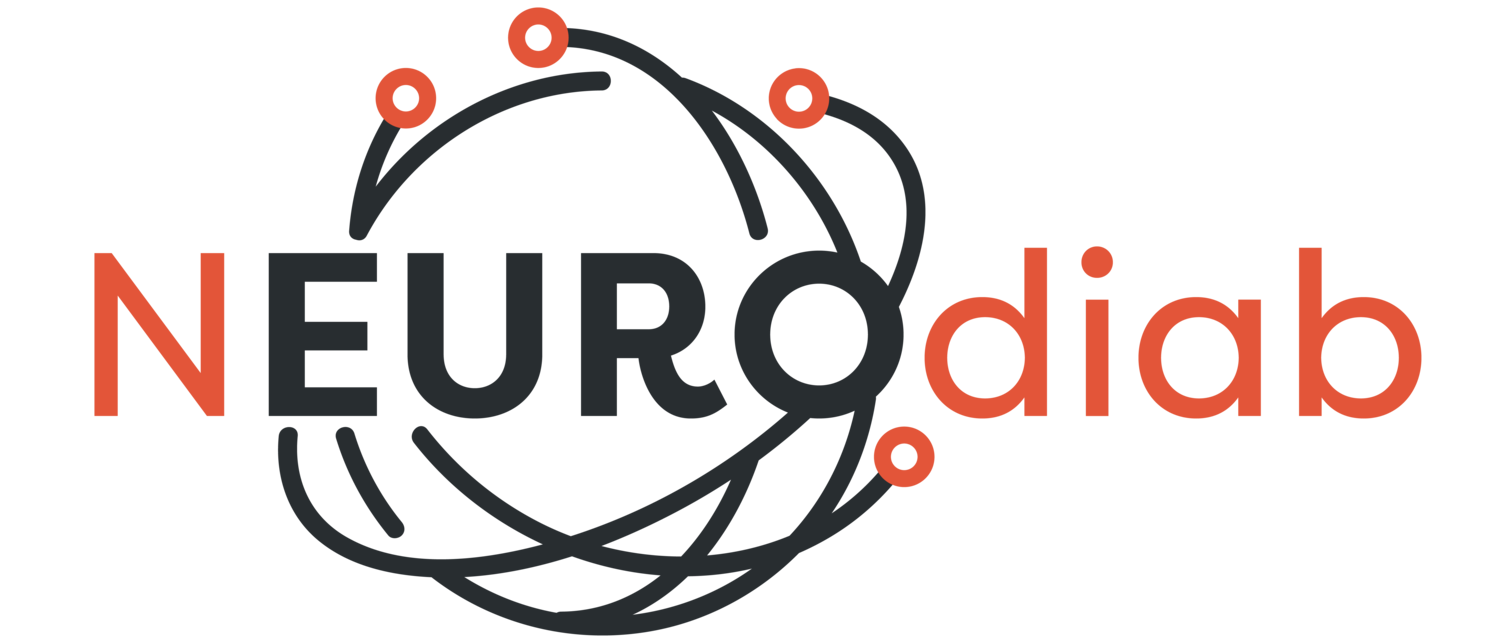Publication News 187 - 11 August 2025
Probiotics target gut–nerve axis to alleviate painful diabetic neuropathy in rats
Aims: This experimental study explores the role of the gut–nerve axis in painful diabetic neuropathy (PDN) using a streptozotocin (SZT)-induced diabetic rat model.
Methods: Type 2 diabetes was induced in rats by 8-week high-fat diet followed by SZT injection (30 mg/kg) (PDN rats). Half PDN rats received a multi-strain probiotic supplementation for 12 weeks. Behavioural tests of mechanical allodynia and thermal hyperalgesia were performed. Sciatic nerve tissue and blood samples were collected. Sensory conduction velocity and blood-nerve barrier permeability in the sciatic nerve were measured. Gut microbiota analysis was done at 12 weeks.
Results: The study demonstrates that probiotic treatment with Lactobacillus and Bifidobacterium strains significantly reduces mechanical and thermal hypersensitivity associated with PDN. Mechanistically, the probiotics reversed diabetes-induced gut microbiota dysbiosis, improved intestinal barrier integrity, and suppressed systemic and local (nerve tissue) inflammation.
At the molecular level, the study shows that probiotics inhibit the TLR4/MyD88/NF-κB signalling pathway in dorsal root ganglia and sciatic nerves, attenuating neuroinflammatory responses. This gut-mediated immunomodulatory effect coincided with restored levels of tight junction proteins in the colon and decreased circulating lipopolysaccharide (LPS), linking intestinal permeability to neuropathic pain development. Behavioural outcomes were supported by histological evidence of preserved myelinated axons in probiotic-treated animals.
Conclusions: Probiotics supplementation improved both the intestinal and blood-nerve barriers, with beneficial effects on inflammatory signalling, nerve damage and pain. Targeting the microbiota-gut-nerve axis through probiotic supplements might be promising therapeutic strategy for PDN.
Comments: This study adds compelling mechanistic evidence to the emerging concept of a microbiota–gut–nerve axis in the pathogenesis of diabetic neuropathy. While observational studies in humans have previously reported microbiome alterations in patients with DPN, this work establishes causality in a well-controlled preclinical model and points to actionable therapeutic targets.
Strengths of the study include its integrative design, which connects behavioural outcomes with microbiota profiling, gut barrier assays, inflammatory signalling analyses, and nerve histopathology. The consistent findings across these layers bolster the central hypothesis that gut dysbiosis and permeability contribute directly to neuropathic pain via immune-neural pathways. The use of two well-characterized probiotic strains also enhances translational relevance, as these are commonly found in clinical-grade formulations. Moreover, the study identifies the TLR4/MyD88/NF-κB axis as a converging molecular link between microbial signals and nerve inflammation, a pathway already under exploration in other neuroinflammatory conditions. However, some limitations should be noted. The study is restricted to male rats, leaving potential sex differences unexplored. It also focuses on preventive or early-intervention effects; the therapeutic efficacy of probiotics in established or advanced neuropathy remains to be tested. Furthermore, while 16S rRNA sequencing identifies microbial shifts, functional validation of specific taxa or metabolites involved in the neuroprotective effects is lacking.
Still, the findings are timely and important. They pave the way for future research into gut-targeted interventions for diabetic neuropathy and highlight the promise of microbiome-based therapeutics beyond glucose control.
Virginie Mansuy Aubert
Reference: . Jiang Y, Yang J, Wei M, Shou J, Shen S, Yu Z, Zhang Z, Cai J, Lyu Y, Yang D, Han Y, Zhu J, Liu Z, Ma D, Xing GG, Li M. Probiotics alleviate painful diabetic neuropathy by modulating the microbiota-gut-nerve axis in rats. J Neuroinflammation. 2025 Feb 2;22(1):30. doi: 10.1186/s12974-025-03352-3. PMID: 39894793; PMCID: PMC11789326.
🔗 https://jneuroinflammation.biomedcentral.com/articles/10.1186/s12974-025-03352-3
